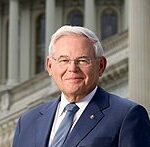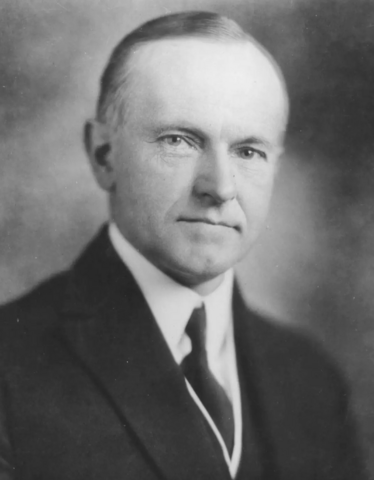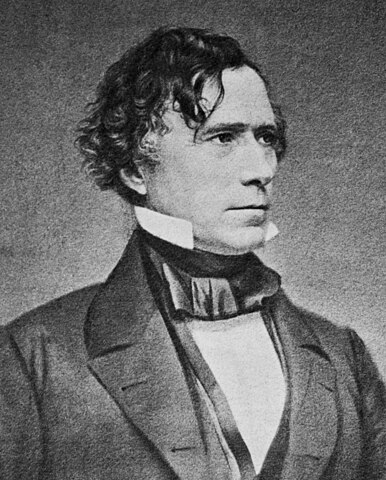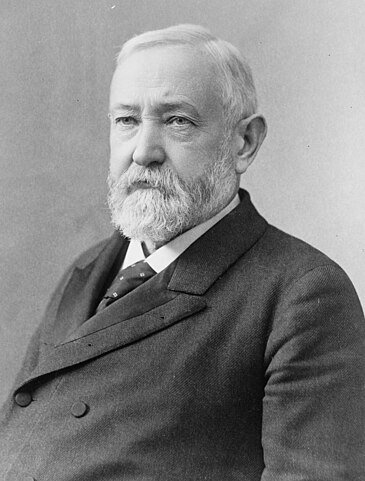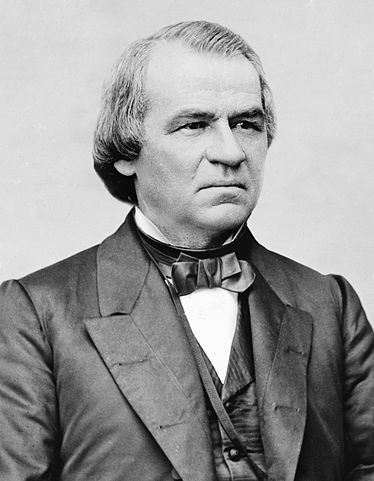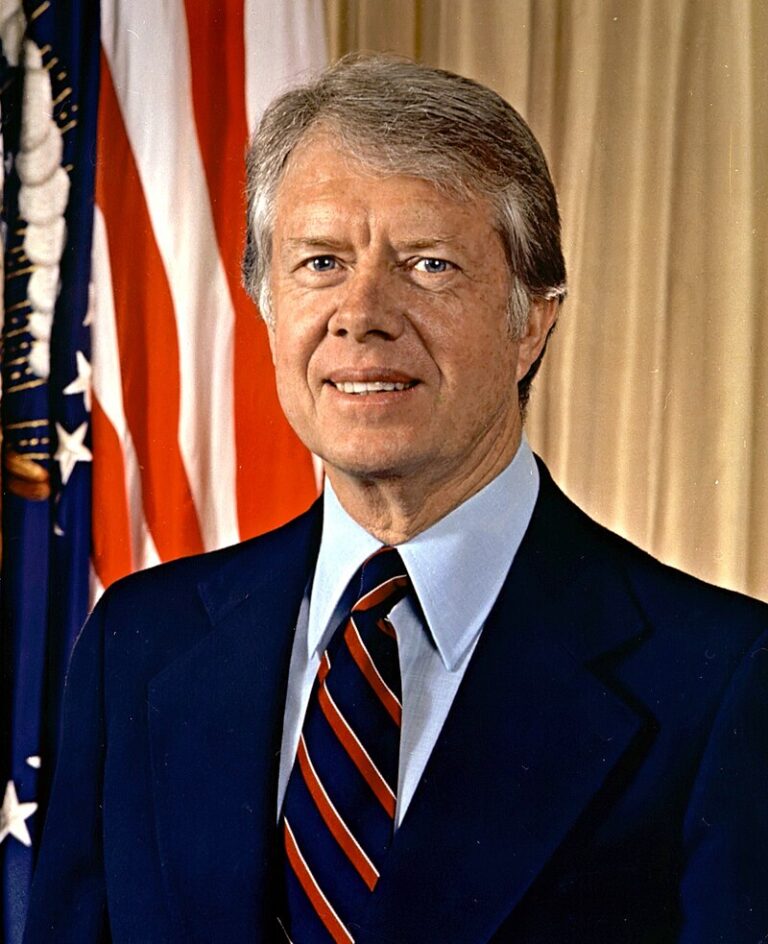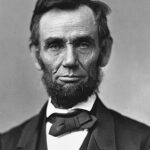 Abraham Lincoln, the 16th President of the United States, is often hailed as one of the greatest leaders in American history due to his pivotal role during one of the nation’s most critical periods—the American Civil War. Born on February 12, 1809, in Hardin County, Kentucky, Lincoln’s ascent from humble beginnings to the highest office in the land is a narrative of perseverance, self-education, and profound political insight.
Abraham Lincoln, the 16th President of the United States, is often hailed as one of the greatest leaders in American history due to his pivotal role during one of the nation’s most critical periods—the American Civil War. Born on February 12, 1809, in Hardin County, Kentucky, Lincoln’s ascent from humble beginnings to the highest office in the land is a narrative of perseverance, self-education, and profound political insight.
Early Life
Lincoln’s early life was marked by hardship. His family moved several times, eventually settling in Illinois, where he worked various jobs, from splitting rails to storekeeping, before entering politics. His formal education was sparse, leading him to educate himself through reading, which would later be evident in his eloquence and deep understanding of the law. Lincoln was admitted to the bar in 1836 and began practicing law in Springfield, Illinois. His legal career was successful, but it was politics that captured his heart and ambition.
Political Life
His political journey began in the Illinois state legislature where he served several terms as a Whig. Lincoln’s national prominence came with his debates against Stephen A. Douglas during the 1858 Illinois Senate race, where he articulated his opposition to the expansion of slavery into new territories. Although he lost that election, these debates not only showcased his oratory skills but also his moral stance against slavery, setting the stage for his future in national politics.
In 1860, Lincoln was nominated by the newly formed Republican Party as its presidential candidate. His election that year was controversial; the Southern states, fearing Lincoln’s anti-slavery sentiment, seceded from the Union, leading to the formation of the Confederate States of America. This secession precipitated the Civil War, which began in April 1861 after the attack on Fort Sumter.
Presidency
Lincoln’s presidency during the Civil War was defined by his determination to preserve the Union at all costs. His leadership was characterized by strategic military and political maneuvers. Despite initial setbacks for the Union forces, Lincoln’s resolve did not waver. He managed the war effort with a mix of pragmatism and idealism, showing a willingness to adapt his strategies as circumstances demanded.
One of Lincoln’s most significant acts was the issuance of the Emancipation Proclamation on January 1, 1863. This executive order declared that all enslaved people in Confederate territory would be forever free. While it did not immediately free all slaves (since it applied only to areas not under Union control), it was a monumental step towards abolition and transformed the moral landscape of the war, making it not just about preserving the Union but also about ending slavery. The Proclamation also allowed Black men to serve in the Union Army, significantly altering the war’s dynamics and setting a precedent for the eventual passage of the 13th Amendment, which officially abolished slavery.
Speeches
Lincoln’s speeches during this period are among the most revered in American history. The Gettysburg Address, delivered in November 1863 at the dedication of the Soldiers’ National Cemetery in Gettysburg, Pennsylvania, is perhaps his most famous. In just over two minutes, Lincoln redefined the Civil War as a struggle not just for Union but for a “new birth of freedom,” ensuring that democracy would endure. His words, “government of the people, by the people, for the people, shall not perish from the earth,” resonate with the ideals of democracy and human rights.
The Second Inaugural Address in 1865 further showcased his philosophical depth and his call for reconciliation. Here, he spoke of the war in terms of divine will and sought to heal a nation torn by conflict, advocating for “malice toward none, with charity for all.”
However, Lincoln’s vision for a post-war America was cut short. On the evening of April 14, 1865, while attending a performance at Ford’s Theatre in Washington, D.C., he was assassinated by John Wilkes Booth, a Southern sympathizer. Lincoln’s death was a profound shock to the nation, making him the first American president to be assassinated. His death not only marked the end of his leadership but also significantly altered the Reconstruction era, as his successor, Andrew Johnson, pursued a different path in reconciling the nation.
Legacy
Lincoln’s legacy is multifaceted. He is remembered as the Great Emancipator, a role that was both celebrated and critiqued. His leadership during the Civil War, his moral clarity on slavery, and his commitment to the Union have left an indelible mark on American history. Lincoln’s story is not just one of leadership but of personal growth, where a man from modest origins became a symbol of American ideals of freedom, equality, and democracy.
In reflection, Lincoln’s presidency illustrates how a leader can navigate through moral and political complexities with a vision for a more just society. His life and work continue to inspire discussions on leadership, civil rights, and the responsibilities of governance in times of crisis. His ability to steer the nation through its darkest hour, with an eye on both immediate survival and long-term justice, remains a benchmark for American leadership.




